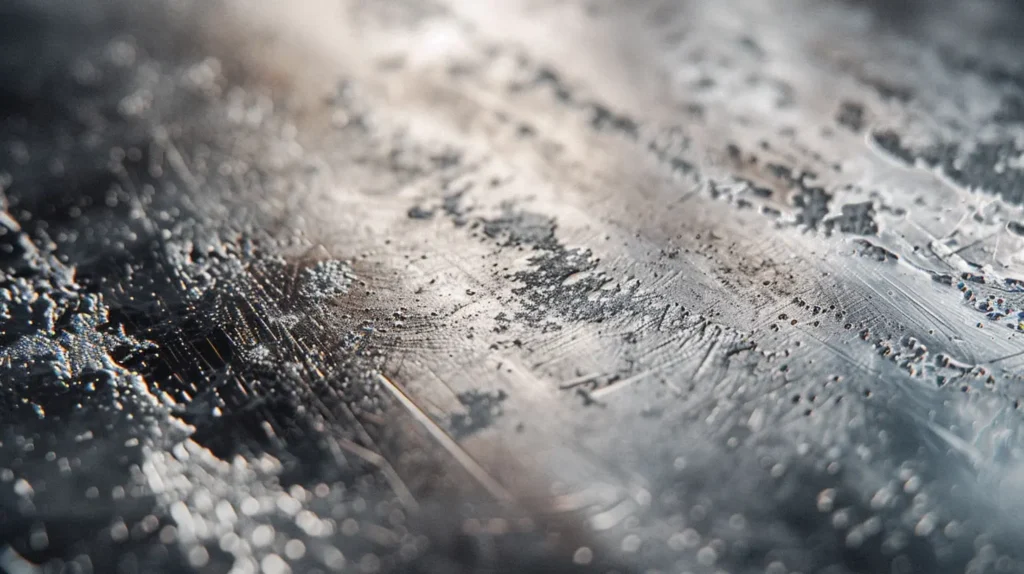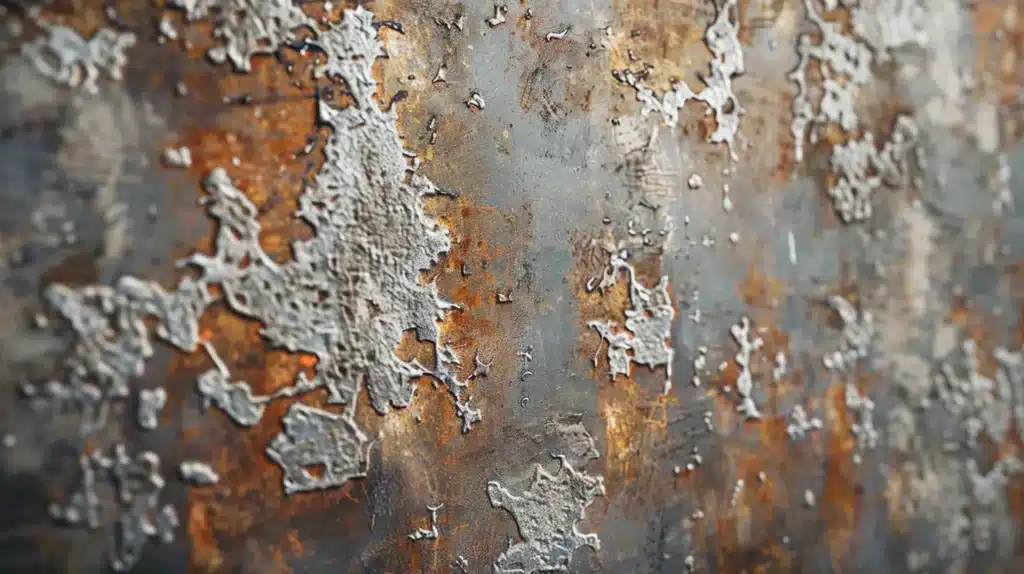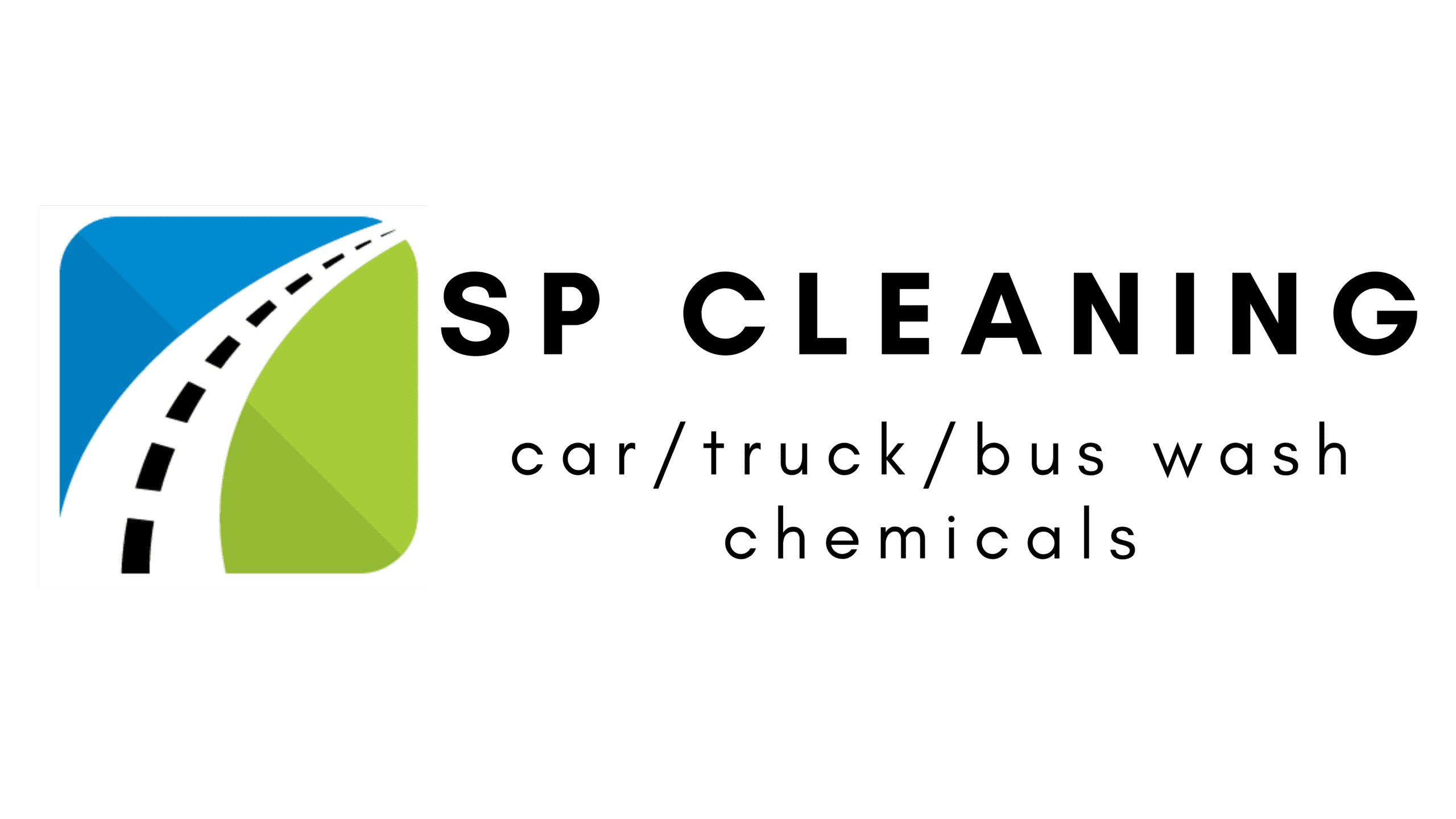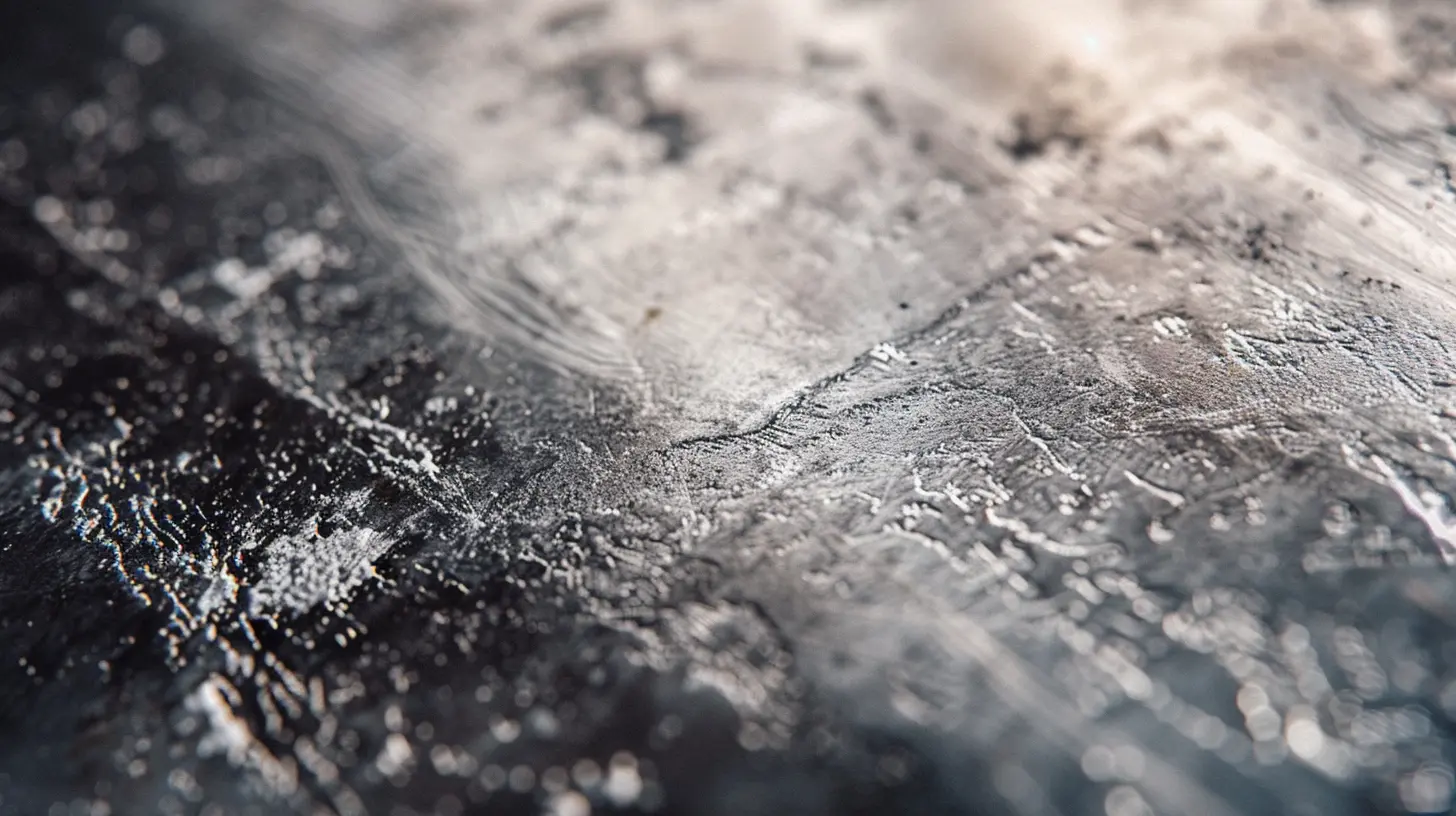Curious about how aluminum manages to rust without deteriorating? Imagine a protective shield forming naturally on its surface, safeguarding it from harm.
This phenomenon, known as aluminum oxidation, is not just a simple chemical reaction—it’s a vital process that enhances the metal’s durability and resilience.
As you explore the intricacies of aluminum oxidation and its role in various industries, a deeper understanding of its significance will unfold, today I am sharing some knowledge about aluminum oxidation and its profound impact on modern applications, including the experience we hold as a chemical manufacturer.
Key Takeaways
- Aluminum oxidation forms protective layers.
- Anodizing strengthens the oxide layer.
- Maintenance is crucial for longevity.
- Understanding types and prevention methods is essential.
1. Definition of Aluminum Oxidation

Have you ever wondered why aluminum gets that white powdery coating on its surface? Well, it’s all because of aluminum oxidation! When aluminum reacts with oxygen and moisture, it forms a protective layer called aluminum oxide.
This process can affect the metal’s appearance and strength. To clean aluminum and its oxidation, methods like anodizing can be used to make the oxide layer thicker and stronger. Understanding aluminum oxidation helps keep the metal looking good and lasting longer.
I will give you my example, At Sp Cleaning’s chemical manufacturing plant where I work, we faced a challenge with our aluminum gear deteriorating quickly due to moisture. I suggested anodizing the affected parts. The result?
The enhanced oxide layer turned the tables on corrosion, making the machinery much more durable. It’s a clear example of how leveraging aluminum oxidation, with a bit of chemical know-how, can have significant benefits in any industrial landscape.
2. Types of Oxidation
When considering types of aluminum oxidation, it’s crucial to distinguish between:
- White oxidation
- Black oxidation
- Galvanic corrosion
- Pitting oxidation
Each type brings distinct characteristics and implications for the durability and performance of aluminum materials. Understanding these variations is essential for effective corrosion prevention strategies in various industries.
1. White Oxidation
When aluminum gets all white and powdery, it’s like a superhero shield called aluminum oxide! This shield protects the metal and keeps it safe from rust. To keep your aluminum things looking great, remember to clean them gently with aluminum brightener and cleaner.
2. Black Oxidation
Black oxidation is like giving aluminum a makeover! It’s a cool process where aluminum gets a black coating that makes it look awesome and protects it from rust.
Industries use black oxidation to make things both pretty and durable. So next time you see something black and shiny, remember how black oxidation works its magic on aluminum!
3. Galvanic Corrosion
Galvanic corrosion happens when different metals touch in water and one rusts faster than the other. To stop this, protect metals, pick compatible ones, and use coatings or sacrificial anodes. Remember these to keep metals safe and choose the right ones.
4. Pitting Oxidation
To keep aluminum surfaces safe from pitting oxidation, it’s crucial to take good care of the oxide layer by cleaning regularly, fixing any scratches, and using protective coatings. Pitting oxidation happens when small holes form on aluminum due to scratches, chemicals, or damage, leading to faster corrosion in those areas.
By following maintenance tips like cleaning and protecting the surface, you can prevent pitting oxidation and keep aluminum structures strong and looking good. Remember, a little care goes a long way in preserving your aluminum surfaces!
3. Accelerating Aluminum Oxidation

Aluminum rusts faster when it meets air and water. Reasons like chemical reactions, wetness, and air make it happen quicker.
To protect aluminum, prep its surface well before coating it or using the anodizing process. Humid places speed up rusting, so be careful!
Remember, a well-prepped surface and dryness help fight rust.
4. Impact of Aluminum Oxidation on Corrosion
When aluminum gets a little rusty, it actually helps protect it! The rust forms a tough layer called aluminum oxide that stops the metal from corroding. This layer acts like a shield, keeping the aluminum safe from harm.
By understanding how this process works, we can make sure our aluminum things last longer and stay strong. Remember, a little rust can be a good thing for aluminum!
5. Preventing and Removing Aluminum Oxidation
When aluminum gets rusty, protect it with paint or powder coat to stop the rust from spreading. Check it often for signs of rust and clean it gently with vinegar or baking soda.
Remember, prevention is key to keeping aluminum looking shiny and new.
6. Corrosion vs Rust
1. Differentiating Rust
Rust is the reddish-brown substance that forms on iron when it oxidizes.
Aluminum, on the other hand, does not rust like iron does. Instead, aluminum develops a thin layer of white or grey substance when it undergoes oxidation.
This layer is called aluminum oxide and serves as a protective barrier for the metal.
Understanding these visual differences between rust and aluminum oxidation is essential because they can help in accurately identifying each type of corrosion.
For example, if you see a reddish-brown substance on an object, you know that it’s likely rust and not aluminum oxidation.
2. Corrosion Resistance
One of the remarkable properties of aluminum is its inherent resistance to corrosion due to the formation of an oxide layer on its surface. The thickness and quality of this protective layer determine how well the metal resists corrosion over time.
Frequently Asked Questions
1. How Do You Remove Oxidation From Aluminum?
To remove oxidation from aluminum, start with chemical removal using our aluminum cleaner for a thorough cleanse. Use polishing methods like cream of tartar paste for a shiny finish. Apply protective coatings to prevent future oxidation. Try DIY techniques or seek professional restoration for expert care.
2. Is Aluminum Oxidation Harmful?
Aluminum oxidation is not harmful. It creates a protective layer that prevents corrosion. This layer enhances resistance to environmental factors and improves durability. Understanding this process is crucial for maintaining aluminum surfaces. Utilize protective coatings for long-term preservation.
3. What Causes Aluminium Oxidation?
To prevent aluminum oxidation, understand corrosion’s impact on surface protection. Chemical reactions cause metal deterioration. Moisture accelerates oxidation. Implement preventive measures to maintain aluminum integrity. Keep the material in top condition.
4. What Happens When Oxidation of Aluminium Takes Place?
When aluminum oxidation occurs, chemical reactions with oxygen create a protective coating on the surface, preventing surface corrosion and metal deterioration. This process is influenced by environmental factors and forms crucial protective coatings for aluminum products.
Conclusion
You have now learned about the fascinating process of aluminum oxidation and its crucial role in protecting the metal from corrosion.
But what if I told you that there’s a method that can accelerate this natural process, enhancing the durability and longevity of aluminum even further?
Stay tuned for more insights on how advancements in aluminum oxidation techniques are revolutionizing industrial and commercial applications.



